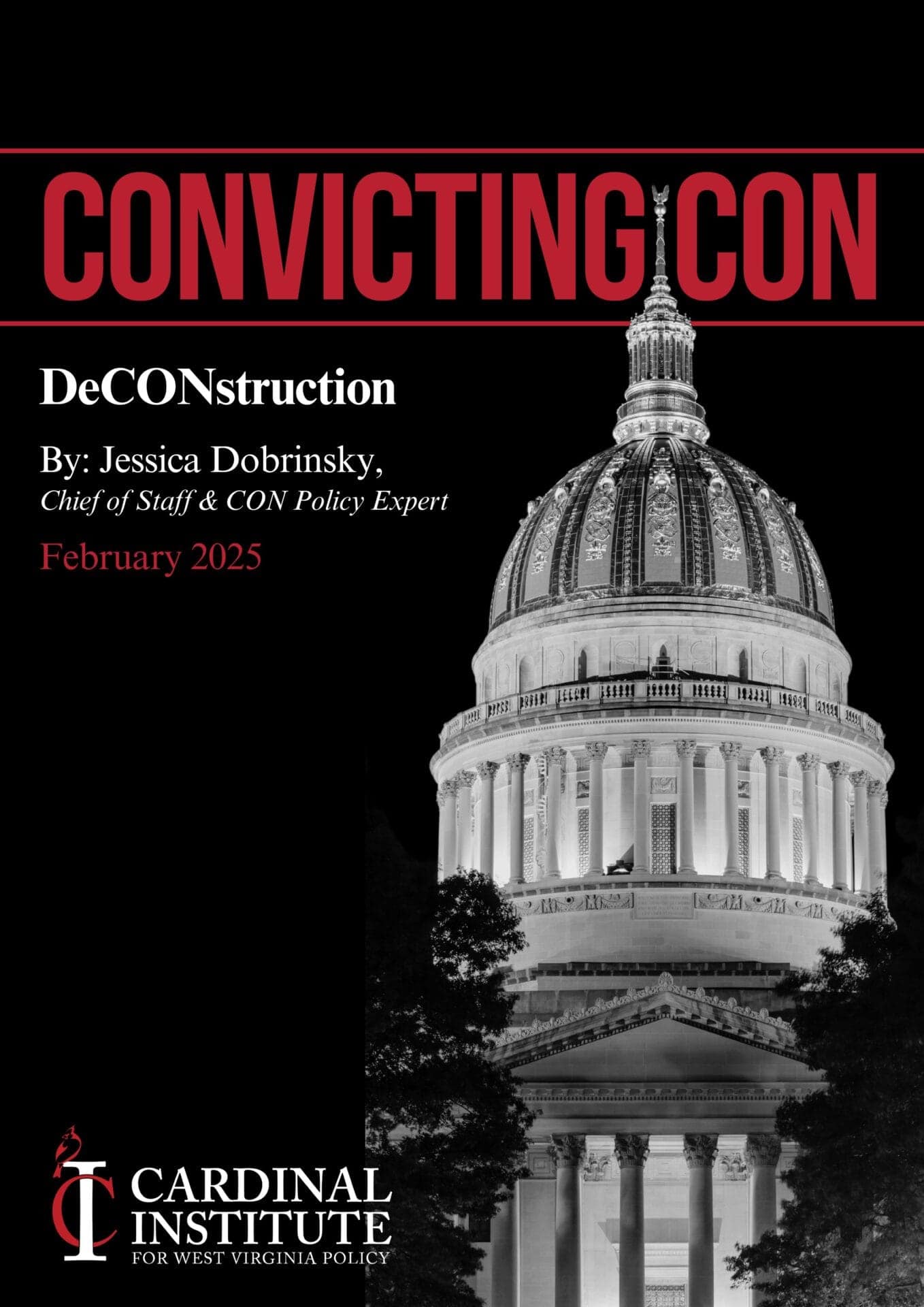
No More Lockdowns in West Virginia!
Cardinal Team
As lawmakers and health professionals’ assess how to handle the Delta variant, it is imperative that they forgo more lockdowns. From the onset of the pandemic, the lockdowns have been to help flatten the curve. However, data and lessons from 2020 demonstrate that the lockdowns’ negative impact outweigh their potential good.
Lockdowns During the Pandemic
Governors issued lockdown orders to build upon already existing states of emergency regarding the rise of COVID-19 cases. On March 24, 2020, Governor Jim Justice issued West Virginia’s stay at home order to take further measures to curtail the rise of Coronavirus cases. Governor Justice joined fourteen other governors who had already issued similar orders. By the beginning of April, forty-three governors issued stay-at-home orders. These orders closed all nonessential businesses and required residents to remain in their homes unless necessary.
Policymakers said lockdowns would help ‘flatten the curve’ and keep cases low. While intended for good, these actions burdened the United States with consequences that will last for years to come.
Unintended Consequences of Lockdowns
The lockdowns negatively impacted communities by removing what we as humans need the most – each other. In West Virginia, experts consider the lockdowns to be one of the factors that led to the deadliest year, nationally, in the opioid crisis with 93,000 fatal overdoses. The overdose deaths in West Virginia are attributed to the lockdown orders because of job loss, isolation, and the removal of support networks necessary for recovery. Additionally, the increase in adolescent suicides are linked to the feelings of loneliness and depression that came with the lockdowns.
The lockdowns drastically impacted the United States Economy through the labor force and economic intake. The presence of the virus, regardless of government action, would have had an impact on the economy. But the actions taken by the states helped exacerbate the issues. These included decreases in the United States’ GDP and increases in unemployment rates among sales and retail employees. These things happened because of decreases in demand, the government requiring nonessential businesses to close, and the inability of some industries to move to telework.
The lockdowns also have long term impacts on the United States Economy due to the length of recovery and the actions taken during the pandemic. These include unprecedented levels of debt, permanent closure of businesses, unwise investments, and a devaluation of the dollar. In addition, studies are beginning to questions to overall success of the lockdowns around the world.
Enough is Enough
There is no such thing as a perfect policy solution. Every policy proposed and enacted has unintended consequences. However, given the consequences discussed, the cost of the lockdowns vastly exceed their intended good. These lasting impacts demonstrate that any success of the lockdowns pales in comparison to the consequences we will be suffering. Because of this, it is imperative that policy makers and health officials reject calls to place West Virginia, the nation, and the world in another lockdown.
Andrew Bambrick is the Education Outreach Coordinator for the Cardinal Institute for West Virginia Policy.







